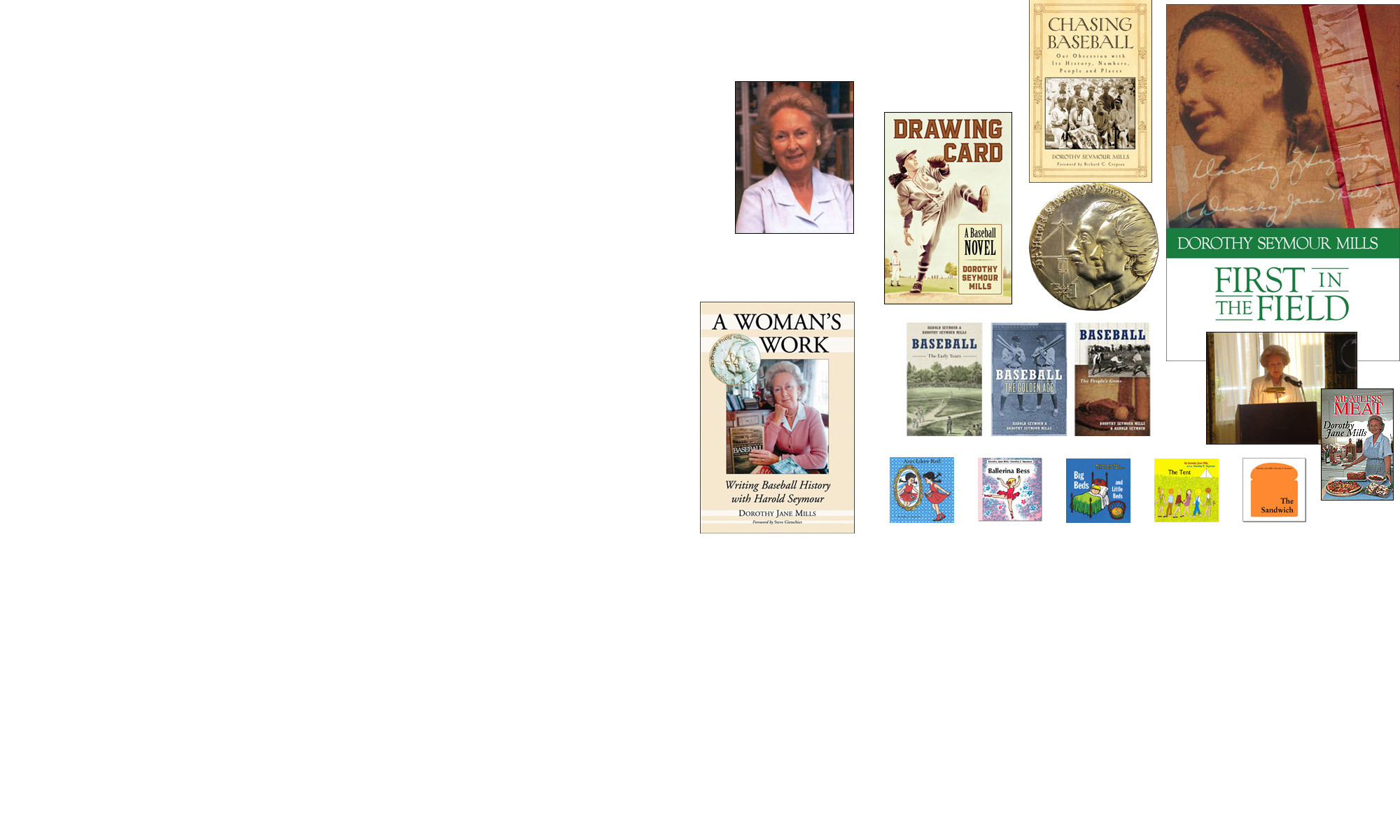Our language sometimes serves us poorly. One of the best examples is the newsline printed on the television screen in connection with CNN’s report Jan. 10 about the attacks in Paris. The current update referred to the search for one more terrorist, who was still missing. The line read, “MANHUNT FOR FEMALE SUSPECT.”
The police are having trouble finding her.
Naturally. That’s because they are conducting a “manhunt,” and the suspect isn’t a man.
Okay, that’s facetious. But you see the problem with the word “manhunt.”
The word “female” is almost as bad. It’s vague and unspecific because it communicates only gender and is best used for biological discussions. The word “female” can apply to any mammal, and it can mean someone of any age, from infant to very old. Women seldom appreciate being referred to with the biological word “female.”
The word the CNN writer was searching for is “woman.” It’s specifically human, and it specifies not only the person’s gender but also that the person is an adult rather than a child, infant, or senior.
Even the word “hunt” seems out of place when referring to a search for a person. It has overtones of an intention to kill. Hasn’t there been enough killing?
The CNN line should have read: “SEARCH IS ON FOR WOMAN SUSPECT.” That’s clear, direct, and specific.
